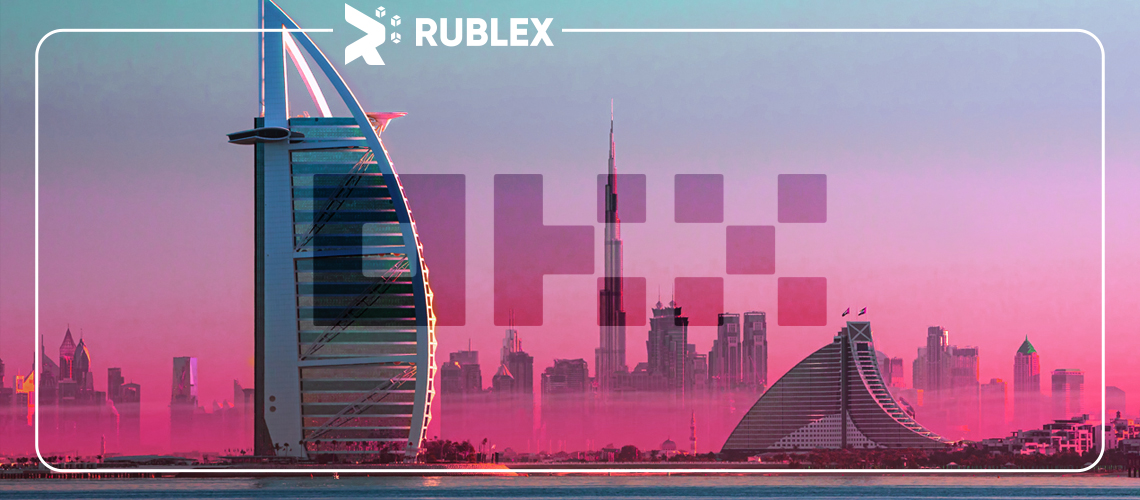The UAE’s Minister of State for Artificial Intelligence, Digital Economy, and Remote Work Applications Office has released a whitepaper outlining a “Responsible Metaverse Self-Governance Framework,” with inputs from OKX, a prominent player in the Web3 technology sector. This initiative responds to the growing impact of the metaverse in various industries and the increasing need for a standardized operational framework.
Minister Omar Sultan Al Olama and the Dubai Department of Economy and Tourism have co-authored a report stressing the metaverse’s potential and the global need for operational guidelines across diverse sectors. The metaverse’s influence spans manufacturing, healthcare, tourism, retail, and education, yet the absence of clear standards and unified regulations remains a significant challenge.
The whitepaper underscores the crucial importance of international collaboration in shaping self-regulatory guidelines that promote transparency, safety, and ethical conduct in the metaverse. The “Responsible Metaverse Self-Governance Framework” is open to public review in both English and Arabic languages.
As per the “Dubai Metaverse Strategy” official report
Dubai’s vision is to become one of the world’s top 10 metaverse economies. This vision builds upon the city’s existing base of more than 1,000 blockchain and metaverse-focused companies. The strategy focuses on promoting innovation and research through partnerships, with the goal of expanding the metaverse’s economic impact. It also encourages the development of advanced ecosystems through accelerators and incubators. Moreover, the strategy highlights the importance of nurturing talent and investing in future capabilities, particularly by offering educational support for developers, content creators, and digital platform users in the metaverse community.
The strategy focuses on advancing Web3 technology and introduces new government work models and sectoral improvements in tourism, education, retail, remote work, healthcare, and the legal field. It places a significant emphasis on establishing global standards for secure and safe platform development and accelerating metaverse technology adoption through the creation of necessary infrastructure and regulations. Supported by technology foundations like data, networking, cloud, and edge computing, the strategy also highlights the utilization of real-time data, machine learning, IoT, AI simulation, and blockchain to enhance human cognitive processes. All of this is aligned with the broader UAE government vision to support more than 40,000 virtual jobs by 2030.





